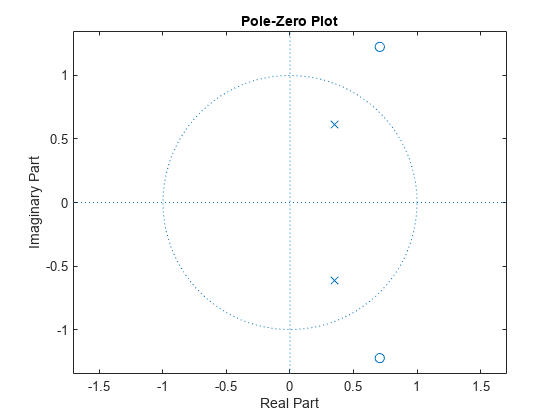ismaxphase
Verify that discrete-time filter System object is maximum phase
Syntax
Description
flag = ismaxphase(___,Arithmetic=arithType)arithType input
using either of the previous syntaxes.
For more input options, see ismaxphase in Signal Processing Toolbox™.
